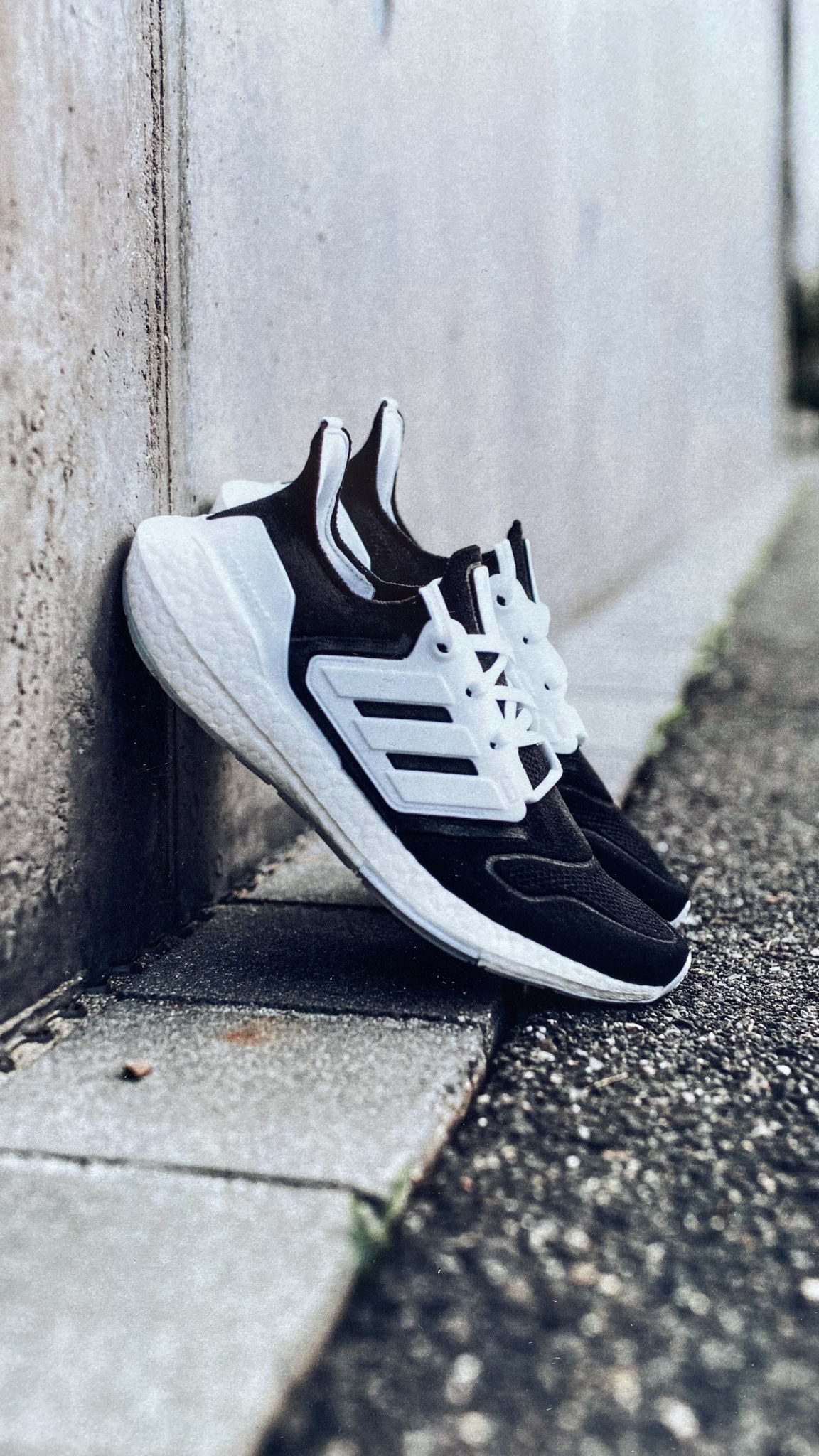The future of sustainable plastic made from grass
The company Pond has developed a technology that makes it possible to convert side streams from agricul- tural crops like grass, duckweed, and sugar beets into a biobased plastic. A product that is both biodegradable and able to store CO2.
Every year, 400 million tonnes of plastic are produced globally. A production based on crude oil, and responsible for emitting more than 2 billion tonnes of CO2 annually. Meanwhile, less than 7% of the plastic is recycled.
Despite this, the demand for plastic is increasing and is expected to reach around 800 million tonnes by 2050.
Grass, duckweed, and sugar beets can become the future key ingredient in the plastic bowl in your kitchen cabinet, and in your sportswear currently made of nylon and polyester
Fermentation can turn grass into bioplastic
A new method for producing bioplastic is already a reality, and the potential is enormous. The Danish company Pond has developed a technology that makes it possible to convert side streams from agricultural crops into a biobased plastic.
Pond extracts the carbohydrates from plants such as grass, duckweed and sugar beet, and with the help of a special fermentation technique the carbohydrates are then converted into a bioplastic in the form of lactid polymer (PLA).
The bioplastic absorbs and store CO2
Pond’s bioplastic is not only strong enough to replace nearly all current forms of fossil-based plastics, but it also has unique environmental benefits. Because the material originates from plants that undergo photosynthesis, this form of bioplastic has the ability to absorb and store up to 2 kg of CO2 per kg, a process known as Biogen Carbon Capture Storage.
Furthermore, Pond’s bioplastic is biodegradable, compostable, and can be recycled endlessly – without losing quality. This means that grass, duckweed, and sugar beets can become the future key ingredient in the plastic bowl in your kitchen cabinet, and in your sportswear currently made of nylon and polyester.


